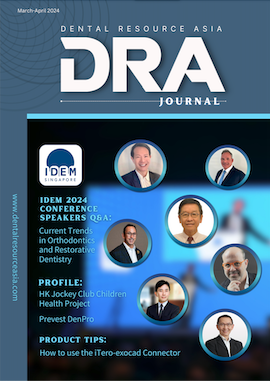USA: Recent studies indicate that soda taxes implemented in cities like Philadelphia and San Francisco have successfully led to a reduction in the consumption of sugary drinks. According to a new study, for every 1% increase in the cost, there was a corresponding 1% decrease in consumption, resulting in an overall 33% reduction.
Dr. Dean Schillinger from the University of California, San Francisco, who led the research, believes that reducing sugar consumption could significantly benefit public health, particularly given the high healthcare costs associated with diabetes. Schillinger emphasized the importance of incremental improvements to address the one in four dollars spent on diabetes-related healthcare.
While previous studies funded by the beverage industry have shown conflicting results on the impact of soda taxes, the recent research took a broader approach, considering multiple cities and implementing a new statistical method to address variations in tax implementation times.
 Click to Visit website of India's Leading Manufacturer of World Class Dental Materials, Exported to 90+ Countries.
Click to Visit website of India's Leading Manufacturer of World Class Dental Materials, Exported to 90+ Countries.
Uncertainty Regarding Health Impact
Despite the reduction in soda consumption, there is uncertainty about whether this will lead to improved public health. Critics argue that unlike smoking and drinking, the societal costs of soda consumption are unclear. Guy Bentley from the Reason Foundation questions whether reducing soda intake will necessarily enhance health.
Dr. Schillinger strongly disagrees with critics, citing previous studies linking sugary drinks to weight gain, high cholesterol, high blood pressure, dental issues, gout, heart disease, and type 2 diabetes. He emphasizes that many patients are unaware of the health risks associated with excessive soda consumption.
Challenges and Withdrawal Symptoms
Patients attempting to cut back on soda often experience withdrawal symptoms similar to those seen with addictive substances. Schillinger highlights the cultural imposition of sugary drinks, especially in lower-income neighbourhoods, where drinks like Hi-C, Kool-Aid, Sprite, Coke, and 7 Up are pervasive.
The study, conducted across Boulder, Philadelphia, Seattle, San Francisco, and Oakland, dispels concerns that people may shift purchases to neighbouring areas without taxes. Researchers believe that implementing such taxes at broader levels, possibly statewide or nationally, is crucial to preventing consumers from seeking cheaper alternatives across borders.
Importance of Multi-Faceted Solutions
Schillinger advocates for a multi-faceted solution, citing tobacco control efforts as an example where tax increases need to be complemented by marketing campaigns and regulations to effectively change public behaviour.
The American Beverage Association contradicted the recent research, providing studies funded by the industry. The association argues that beverage taxes have not shown significant public health improvement and can adversely affect consumers, small businesses, and employees.
Economist Dmitry Taubinsky acknowledges the regressive nature of soda taxes, impacting lower-income individuals more. However, he contends that such taxes can help individuals make informed choices about their health, comparing it to government interventions like road signs to prevent accidents.
The information and viewpoints presented in the above news piece or article do not necessarily reflect the official stance or policy of Dental Resource Asia or the DRA Journal. While we strive to ensure the accuracy of our content, Dental Resource Asia (DRA) or DRA Journal cannot guarantee the constant correctness, comprehensiveness, or timeliness of all the information contained within this website or journal.
Please be aware that all product details, product specifications, and data on this website or journal may be modified without prior notice in order to enhance reliability, functionality, design, or for other reasons.
The content contributed by our bloggers or authors represents their personal opinions and is not intended to defame or discredit any religion, ethnic group, club, organisation, company, individual, or any entity or individual.


